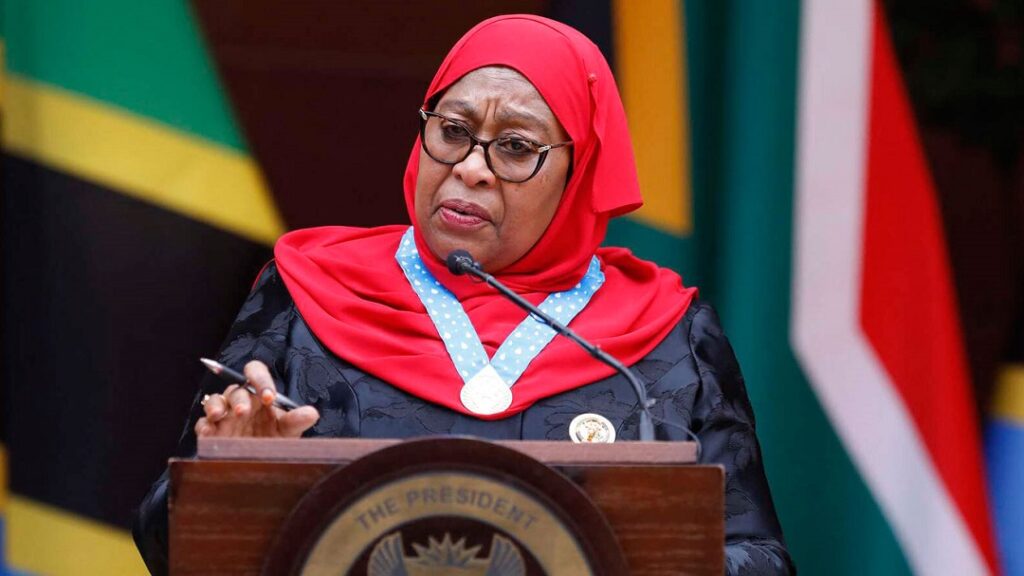- Tanzania to sell government shares in parastatals to public.
- President Samia decries loss-making parastatals, announces reforms.
- The private sector is eager to learn which parastatals will sell shares.
Tanzanian government is taking bold steps to inject new life into its ailing parastatals by opening their doors to private sector investment. This strategic shift marks a departure from the government’s previous stronghold over these enterprises, aiming to rejuvenate their operations and stimulate economic growth.
President Samia Suluhu Hassan’s executive order to sell shares in public parastatals signals a transformative move towards reviving entities that have struggled to remain competitive.
The motivation behind the decision extends beyond economic growth—it echoes the vision of Tanzania’s founder, Mwalimu Julius Nyerere, who envisioned these enterprises as assets owned by the people and the private sector.
Unleashing the Tanzania parastatals’ potential
By transferring ownership to the private sector, the government aims to foster public authority and autonomy while breathing new life into the entities. President Samia emphasized that the time had come to align these entities with Mwalimu’s original intent.
In the past, affordability limited public ownership, leading the government to hold the majority of stakes. With a shift in economic circumstances, the private sector now has the opportunity to play a pivotal role in transforming these enterprises.
Citing countries like Saudi Arabia, Kuwait, and Egypt, President Samia highlighted the success of robust public enterprises that do not rely solely on government support for survival.
The move to sell shares seeks to unlock the potential of Tanzania’s parastatals, making them self-sustaining contributors to the economy.
However, the president also acknowledged the need for sector-wide reforms to streamline operations and enhance efficiency. She hinted at merging some parastatals and eliminating overlapping functions to optimize performance.
Balancing Uncertainty: Reassurances and bailouts
President Samia reassured parastatal employees and managers that the reforms will not result in job losses. Instead, the focus would be on improving efficiency. While her earlier remarks suggested the possibility of deregistration for underperforming parastatals, her current tone emphasizes revival through collaboration.
To bolster this transformation, Tanzania’s Treasury Registrar, Nehemia Mchechu, confirmed the establishment of a “special fund” to bail out struggling parastatals. Acknowledging the lack of operating capital as a significant challenge, Mchechu noted the fund’s intention to enhance competitiveness against the private sector.
Also Read: African investment opportunities (and risks)
A stricter criteria for assistance
The availability of the bailout fund comes with stringent criteria to ensure sustainability. The Treasury Registrar emphasized thorough scrutiny of business plans and past performances before approving any financial support. This approach aims to create a robust framework for financial assistance that ensures both viability and relevance.
The sale of shares in Tanzania’s parastatals opens a new avenue for private investment in key sectors. With entities like Air Tanzania, Tanzania Railways Limited, Tanzania Standard Gauge Railway, TANESCO, and others potentially up for grabs, the private sector can play a transformative role in revitalizing these entities.
As Tanzania embraces this dynamic shift, it charts a course toward economic resilience, public ownership, and a thriving partnership between the public and private sectors. The government’s commitment to reforming and reinvigorating parastatals reflects its dedication to fulfilling Mwalimu’s vision and advancing the nation’s economic prospects.











